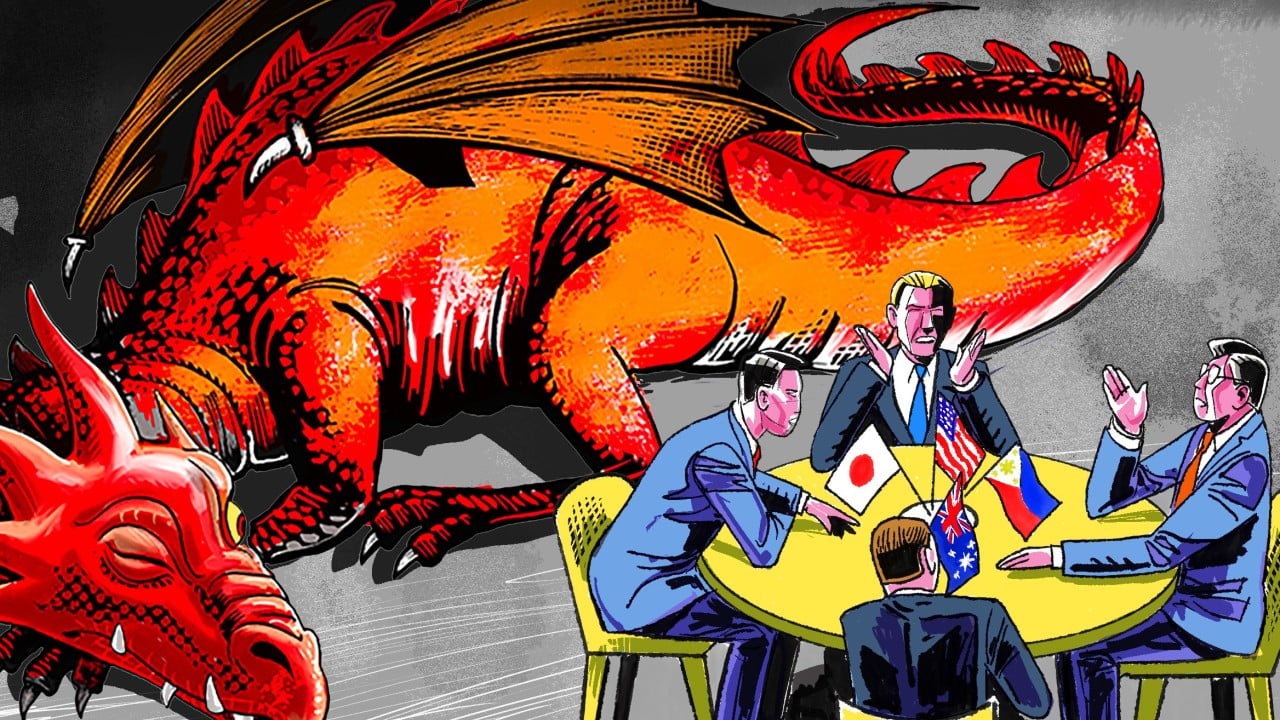The Asean summit in Kuala Lumpur witnessed major geopolitical developments, including a peace deal between Thailand and Cambodia presided over by US President Donald Trump. Eager to mend recently strained relations with Washington, Malaysian Prime Minister Anwar Ibrahim, chairman of the regional body this year, also signed a new trade deal with the United States.
Advertisement
However, one of the most crucial meetings took place on the sidelines of the summit. Pete Hegseth, the US defence secretary, met his counterparts from Australia (Richard Marles), Japan (Shinjiro Koizumi) and the Philippines (Gilbert Teodoro) in the latest edition of the “Squad” meeting. China was clearly at the heart of their discussion.
In contrast to the more measured language of the Association of Southeast Asian Nations on regional affairs, the four defence chiefs expressed “serious concern regarding China’s destabilising actions in the East China Sea and the South China Sea” as well as “opposition to any unilateral attempts to change the status quo by force or coercion”.
More specifically, the Squad accused Beijing of engaging in “dangerous conduct” against the Philippines amid recent near-encounters in the South China Sea and emphasised the “importance of the peaceful resolution of disputes” and “upholding international law, freedom of navigation and overflight” in accordance with the United Nations Convention on the Law of the Sea (Unclos).
The four nations were diplomatically tactful enough to underscore Asean’s “central role” in regional stability. However, they also made it clear that they were willing to take matters into their own hands if necessary by doubling down on their defence cooperation in the face of a resurgent China.
Advertisement
Crucially, the four nations vowed to synchronise defence-related investments, enhance intelligence-sharing and deepen interoperability as well as cybersecurity cooperation. They signalled their commitment to institutionalising their quadrilateral grouping by creating a new “Indo-Pacific Chiefs of Defence Cooperation Council” and ramping up joint naval drills next year.

